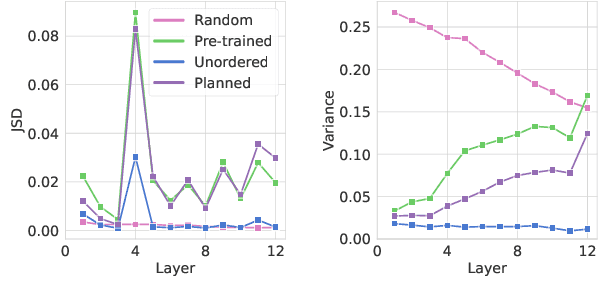Revisiting Generative Commonsense Reasoning: A Pre-Ordering Approach
Paper and Code
May 26, 2022



Pre-trained models (PTMs) have lead to great improvements in natural language generation (NLG). However, it is still unclear how much commonsense knowledge they possess. With the goal of evaluating commonsense knowledge of NLG models, recent work has proposed the problem of generative commonsense reasoning, e.g., to compose a logical sentence given a set of unordered concepts. Existing approaches to this problem hypothesize that PTMs lack sufficient parametric knowledge for this task, which can be overcome by introducing external knowledge or task-specific pre-training objectives. Different from this trend, we argue that PTM's inherent ability for generative commonsense reasoning is underestimated due to the order-agnostic property of its input. In particular, we hypothesize that the order of the input concepts can affect the PTM's ability to utilize its commonsense knowledge. To this end, we propose a pre-ordering approach to elaborately manipulate the order of the given concepts before generation. Experiments show that our approach can outperform the more sophisticated models that have access to a lot of external data and resources.
 Add to Chrome
Add to Chrome Add to Firefox
Add to Firefox Add to Edge
Add to Edge